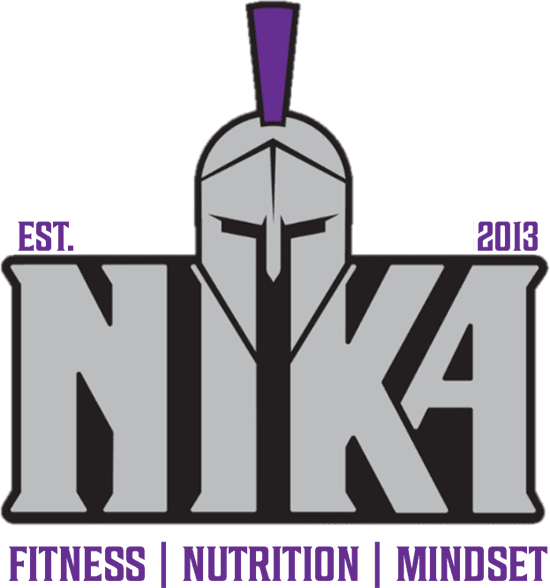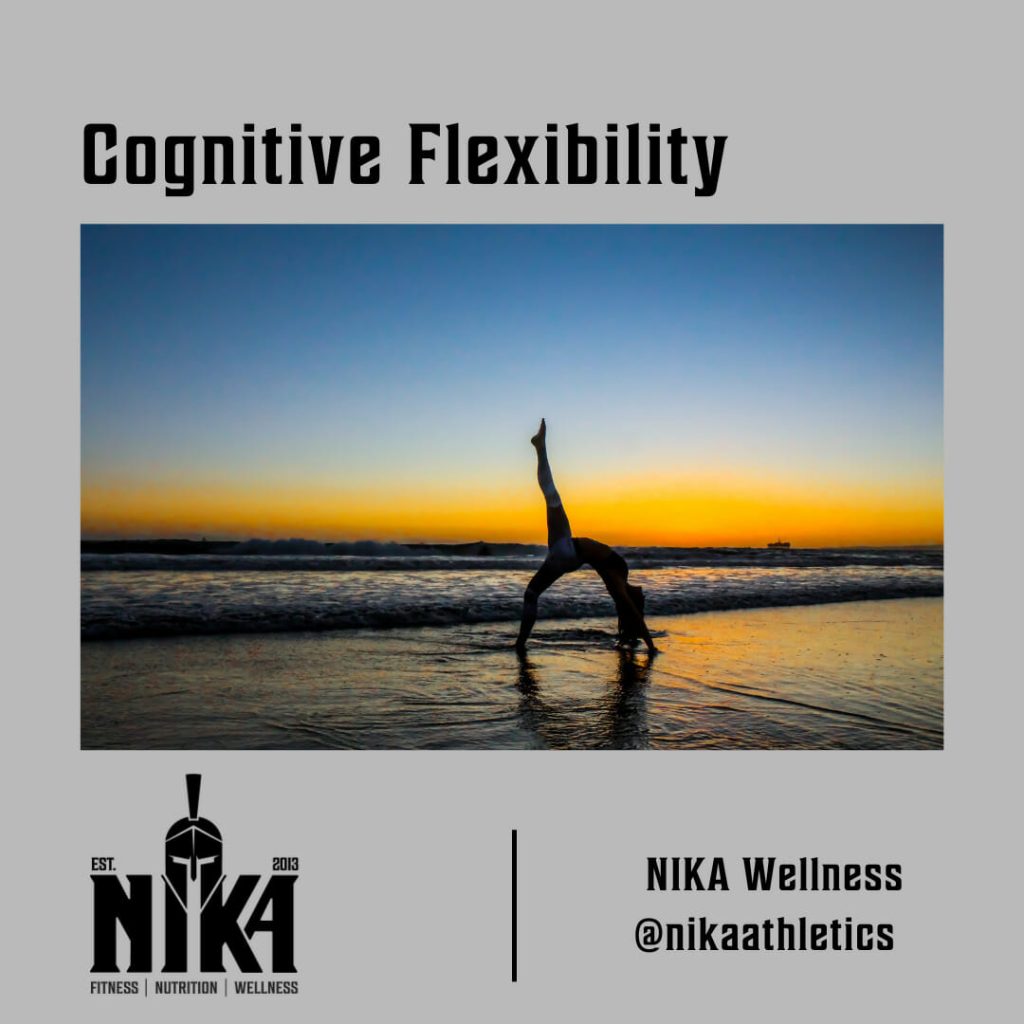You have established a healthy routine, everything is going amazing! And has been for months. Like seriously, this routine is solid.
Until your car goes into the shop and now you have to share a ride with your partner. Or your hours at work change and now you can’t make your favorite class time. Or you get a retainer…
Little changes to our routines can throw them completely off track. There are always solutions, obvious or not, but sometimes we resist because they cause friction, or they’re not exactly what we want to do.
Take this story about a retainer from Precision Nutrition.
“For a full year, a client here at PN consistently worked out every morning before work. He made amazing progress. Plus, he enjoyed it and was proud of himself. But then one day, he stopped. Stopped working out. Stopped making progress. And stopped feeling proud of himself. What happened? He got a retainer.
As a kid, Andre had braces but. over time, his teeth had shifted a bit. The retainer would put an end to that, plus protect his chompers from night grinding. Seems like a win-win. Just one problem, though: Andre’s wife has trouble sleeping. To keep from disrupting her when he wakes up early for his workouts, Andre’s developed a routine. He slips out of bed as quietly as possible, closes the bedroom door, and goes to the living room where he changes into his workout clothes (which he sets out every night before bed). Then he heads out the door. This works for both Andre and his partner. But the retainer presents a new problem.“
There were a couple of options to solve this new problem and keep Andre in his routine: he could wait to clean his retainer until after his workout, or clean it at the sink in the kitchen. Neither felt acceptable to him. After talking it out with his coach, he ultimately decided to wait to clean his retainer. He always chose to brush his teeth after working out instead of before, so now he would do the same with the retainer. While it wasn’t ideal, it was a decision he could live with so that he could keep his routine.
When life throws wrenches into the spokes of your routine, always go back to the “why” behind your routine. Why are you working out? Why are you trying to eat healthier? Why are you making the decisions to keep this routine? Great, now how can you solve the problem?
Also, consider this: according to the National Institutes of Health, “cognitive flexibility is the ability to appropriately and efficiently adjust one’s behavior according to a changing environment.”
People who do the best as they age are the ones who are the most flexible. These are people who are open to change and are willing to make the tradeoffs that help them live a safer, healthier, and more fulfilling life.
Most of the time, your life is not going to be perfect. Can you be flexible enough to work with what you’ve got? Where are you holding yourself back because of rigid thinking?

